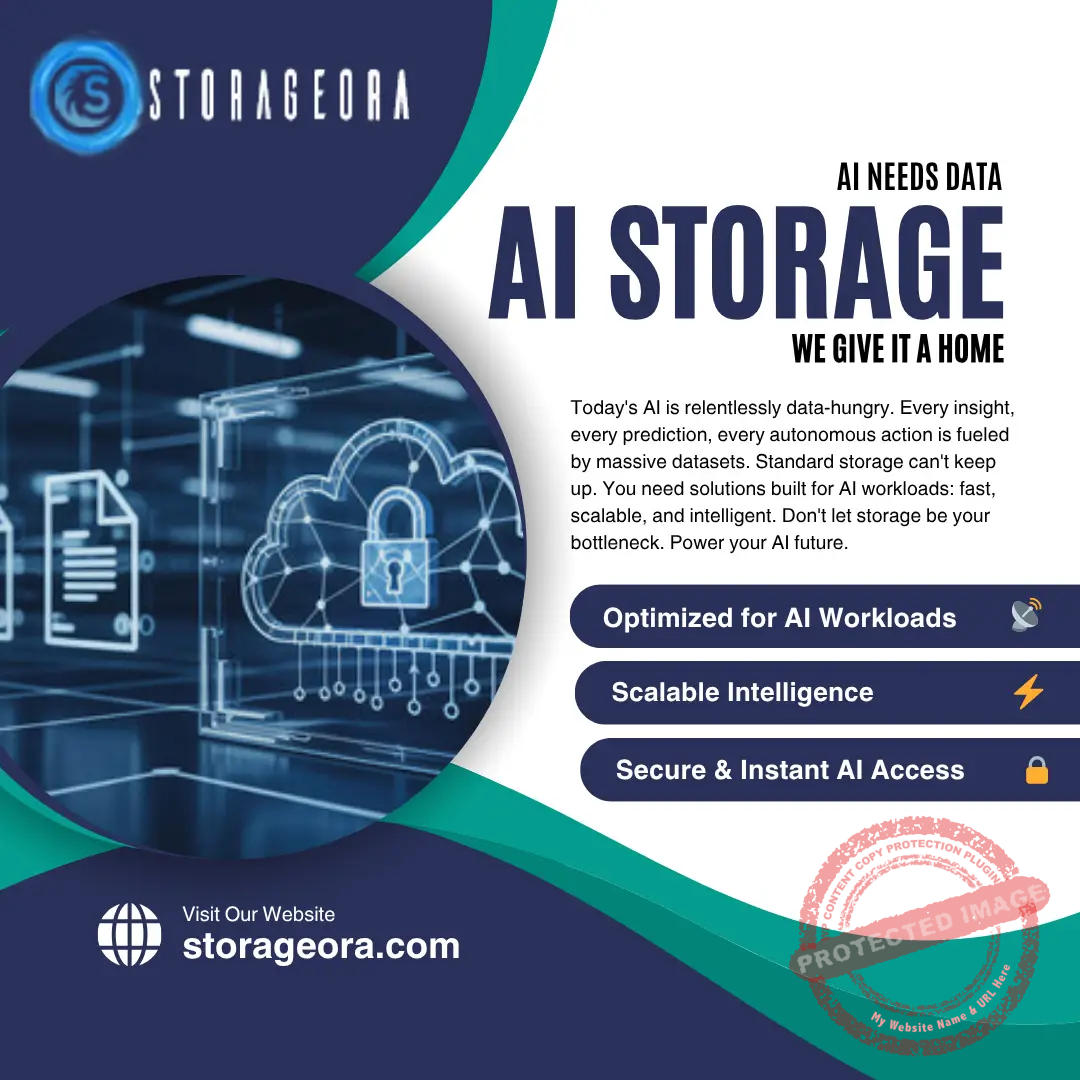Blending Quantum Power with Classical Stability to Unlock the Next Era of Computational Performance.
The Emergence of Hybrid Quantum Computing
As quantum computing evolves from theory to reality, one truth has become clear: the future of computation will not be purely quantum or classical—but a hybrid of both.
Hybrid quantum-classical systems combine the unparalleled processing potential of quantum computers with the robustness and maturity of classical architectures. Together, they offer a bridge from current technology to a quantum-powered future, enabling organizations to tackle previously intractable problems without waiting for full-scale fault-tolerant quantum machines.
This fusion marks the transitional phase of computing—where quantum acceleration amplifies classical logic, setting the stage for the next great leap in computational capability.
Why Hybrid Systems Are Essential
Pure quantum computing remains constrained by qubit instability, noise, and limited scalability. Current systems—often called Noisy Intermediate-Scale Quantum (NISQ) devices—can only process a few hundred qubits effectively.
Hybrid systems address these challenges by delegating tasks strategically:
-
Quantum processors handle complex probabilistic computations, simulations, and optimizations.
-
Classical processors manage orchestration, data preprocessing, and error correction.
This collaboration ensures that quantum potential is realized in practical applications—today, not decades from now.
The Architecture of Hybrid Quantum-Classical Computing
At its core, hybrid computing is built on a feedback loop between classical and quantum systems:
-
Classical systems define and prepare input parameters.
-
Quantum systems perform targeted calculations using qubits.
-
Results are returned to the classical processor for interpretation, optimization, or iteration.
This iterative cycle allows algorithms to refine solutions dynamically, improving performance with each loop. The result is a seamless integration where quantum computation acts as an accelerator within a broader classical framework.
Key Technologies Powering Hybrid Systems
Leading-edge technologies are driving the emergence of hybrid quantum-classical platforms:
-
Quantum SDKs: Frameworks like IBM’s Qiskit Runtime, Google’s Cirq, and Xanadu’s PennyLane enable developers to write hybrid algorithms that blend classical and quantum logic.
-
Quantum Cloud Platforms: Providers like Amazon Braket and Azure Quantum offer APIs for deploying hybrid workloads across distributed environments.
-
Quantum Orchestration Software: Startups such as Classiq and Q-CTRL are creating middleware layers that automate error mitigation and real-time optimization between systems.
These innovations are transforming quantum computing from isolated experiments into scalable, operational workflows.
Real-World Applications of Hybrid Quantum Systems
Hybrid quantum computing is already producing tangible results across industries:
-
Finance: Quantum-assisted Monte Carlo simulations improve risk modeling and derivative pricing.
-
Pharmaceuticals: Molecular simulations accelerate drug discovery by optimizing reaction pathways.
-
Manufacturing: Quantum optimization reduces material waste and enhances supply chain efficiency.
-
Energy: Power grid management benefits from quantum-enhanced load balancing and predictive maintenance.
These early implementations demonstrate how hybrid systems can solve practical, high-value problems long before quantum hardware reaches perfection.
Quantum Accelerators: The New Co-Processor
Just as GPUs revolutionized AI by acting as accelerators for neural networks, quantum processors are emerging as accelerators for complex computation.
In hybrid configurations, classical CPUs or GPUs orchestrate workloads while quantum processing units (QPUs) handle discrete, high-complexity tasks such as optimization, sampling, or matrix inversion.
This architectural synergy mirrors the evolution of heterogeneous computing and positions QPUs as the next essential component in the computing stack of the 2030s.
Challenges in Integration and Scalability
Despite rapid advances, hybrid computing faces several significant challenges:
-
Interconnect Latency: Efficiently transferring data between classical and quantum systems remains a technical hurdle.
-
Error Correction: Managing decoherence and noise within hybrid loops requires advanced mitigation techniques.
-
Algorithm Development: Only a small subset of problems currently map efficiently to hybrid quantum-classical algorithms.
-
Standardization: Industry-wide frameworks for interoperability are still emerging.
Yet, with each new generation of hardware and software, these barriers continue to shrink, bringing scalable quantum computing ever closer to mainstream enterprise use.
The Road to Fault-Tolerant Quantum Integration
While full fault-tolerant quantum computing remains a long-term goal, hybrid systems are paving the way. By combining quantum simulation and machine learning techniques, researchers are actively improving error correction codes and qubit fidelity.
As these innovations mature, hybrid architectures will evolve into fully integrated quantum-classical environments—capable of running continuous, error-mitigated computations at commercial scale.
Closing Thoughts and Looking Forward
Hybrid quantum-classical systems represent the pragmatic evolution of computing—a strategy that merges today’s classical stability with tomorrow’s quantum potential.
This convergence is not a compromise; it’s a roadmap. By leveraging the best of both worlds, hybrid systems enable businesses, researchers, and developers to achieve quantum-enhanced insights today while preparing for the fault-tolerant machines of tomorrow.
In the coming decade, the most powerful computers won’t be purely quantum or classical—they’ll be hybrid engines of innovation, driving the next frontier of global computation.
References
-
“The Future of Hybrid Quantum-Classical Computing” – IBM Research Blog
https://research.ibm.com/blog/future-of-hybrid-quantum-classical-computing -
“Quantum-Classical Integration: A Practical Approach” – Nature Communications
https://www.nature.com/articles/s41467-024-22692-7 -
“Amazon Braket: Building Hybrid Quantum Workflows” – AWS Quantum Blog
https://aws.amazon.com/blogs/quantum/amazon-braket-hybrid-workflows/ -
“Quantum Accelerators: The Next Phase of Computing” – MIT Technology Review
https://www.technologyreview.com/2025/01/12/quantum-accelerators-the-next-phase-of-computing/ -
“Bridging Classical and Quantum Systems for Enterprise Applications” – TechTarget Security
https://www.techtarget.com/searchsecurity/feature/bridging-classical-and-quantum-systems-for-enterprise-applications
Author: Serge Boudreaux – AI Hardware Technologies, Montreal, Quebec
Co-Editor: Peter Jonathan Wilcheck – Miami, Florida
Post Disclaimer
The information provided in our posts or blogs are for educational and informative purposes only. We do not guarantee the accuracy, completeness or suitability of the information. We do not provide financial or investment advice. Readers should always seek professional advice before making any financial or investment decisions based on the information provided in our content. We will not be held responsible for any losses, damages or consequences that may arise from relying on the information provided in our content.





 AMD
AMD TMC
TMC IE
IE MSI
MSI NOK
NOK DELL
DELL ECDH26.CME
ECDH26.CME